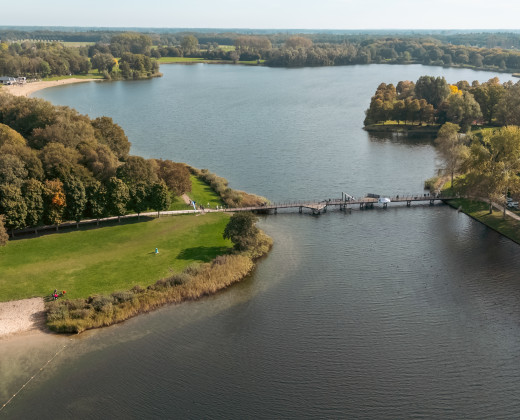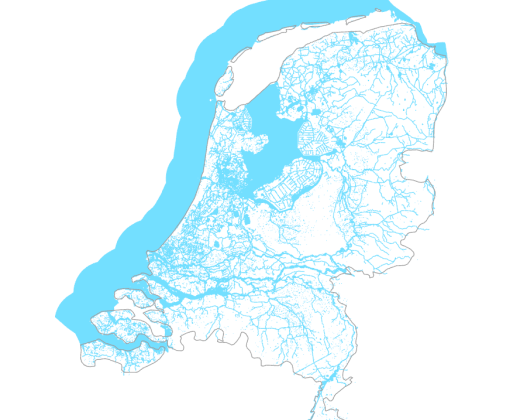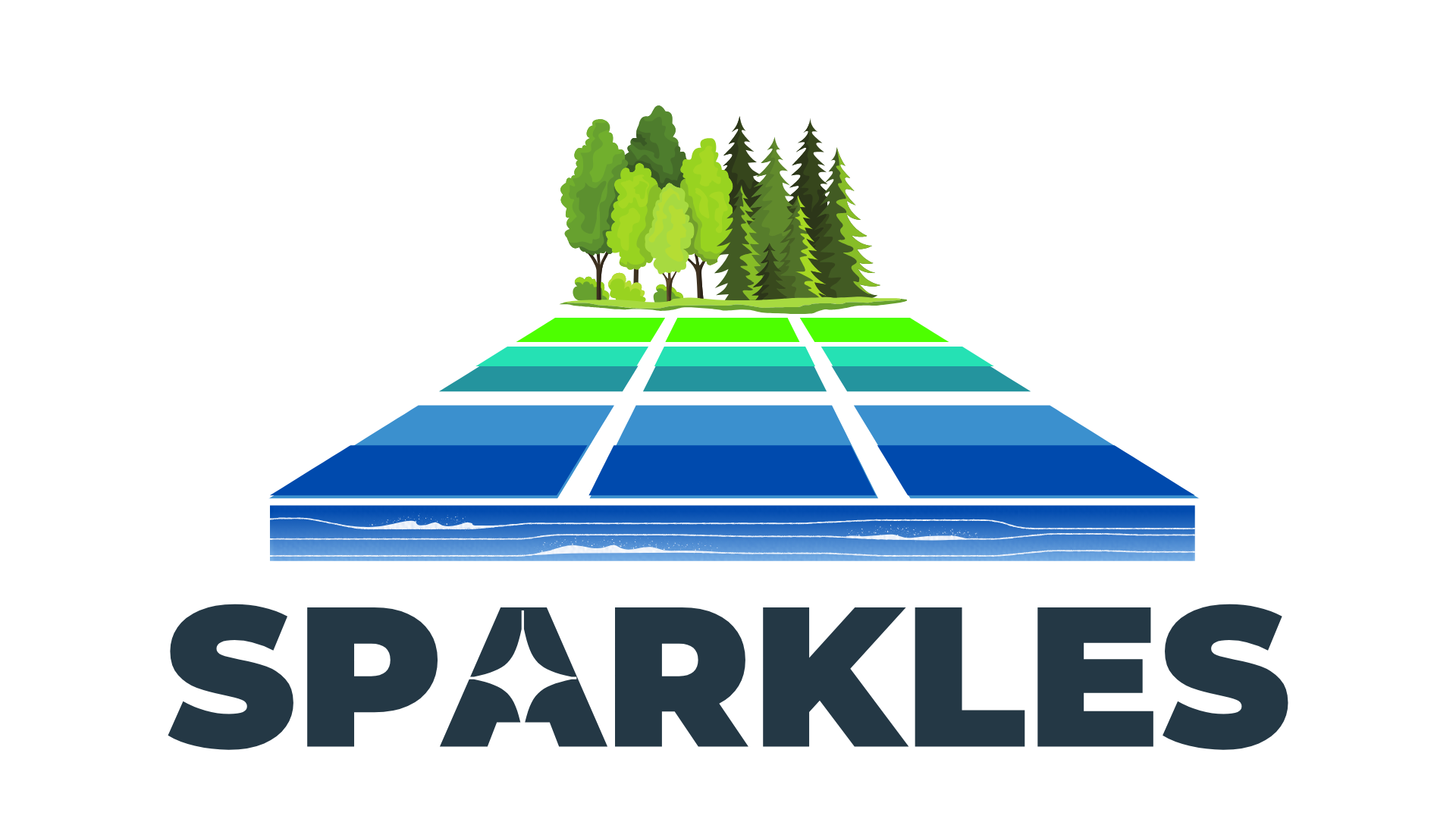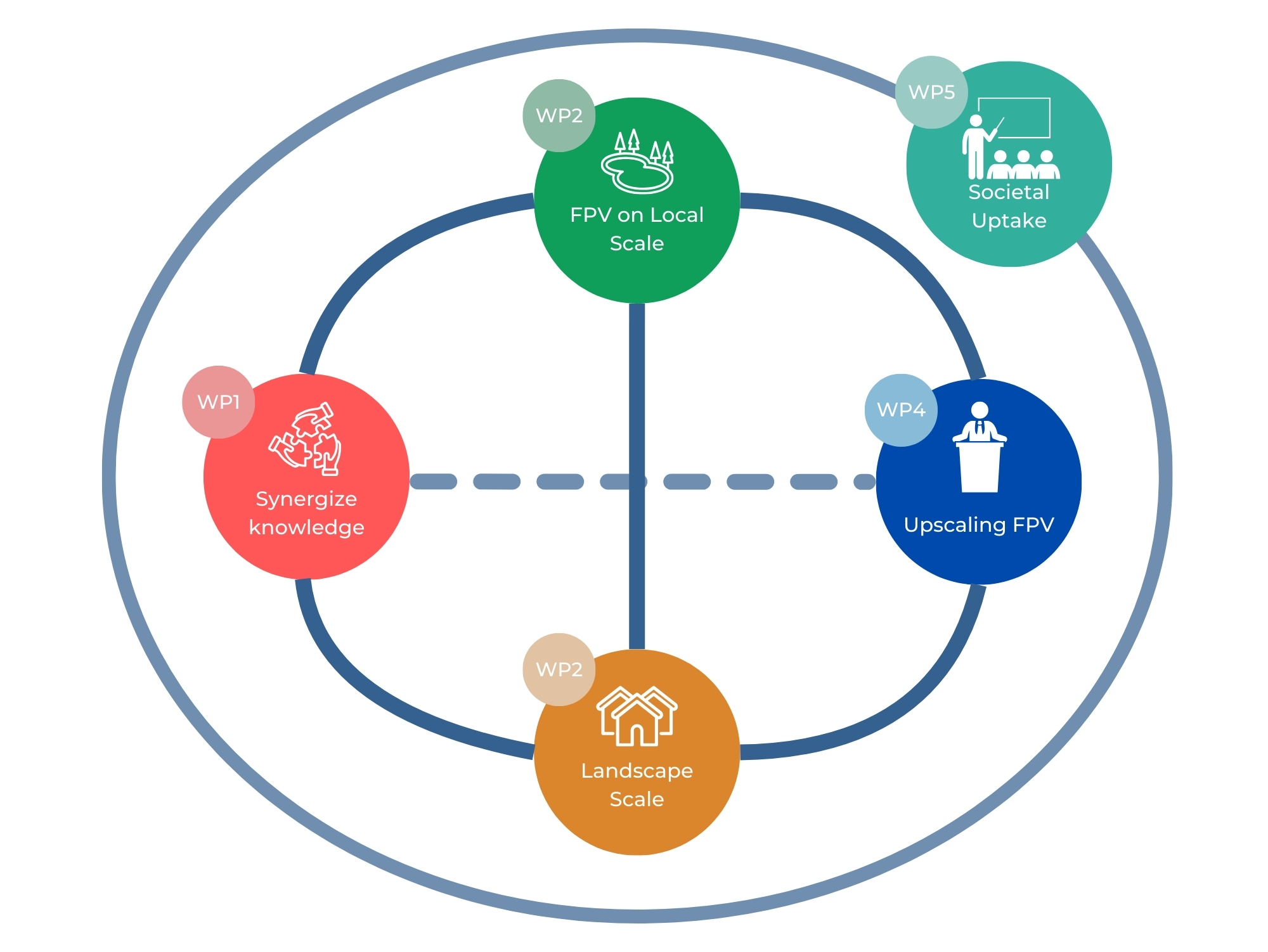Workpackages

Workpackages
The overall objective of SPARKLES is to develop sustainable and nature-inclusive Floating Photovoltaics (FPV) that balance energy production, ecological preservation, and social well-being. This objective is organized into five interconnected work packages (WPs), described below.
WP1: Breaking through disciplinary silos
In the first stage of SPARKLES, we focus on breaking down the barriers between energy, ecological, and governance disciplines. Currently, knowledge about FPV is siloed within these domains, preventing effective integration.
This work package will:
- Conduct interdisciplinary workshops to align perspectives and identify knowledge gaps.
- Create a relational database that consolidates energy, ecological, and governance data related to FPV.
- Define desirable nature-positive futures for FPV, providing a guiding vision for the entire project.
This foundational work enables the development of tools and strategies in subsequent WPs.

WP2: FPV design and placement on Local Scale
WP2 focuses on designing and testing FPV systems tailored to specific water bodies. By using participatory science and environmental modeling, this WP will assess how FPV installations impact biodiversity, water quality, and ecosystem health.
Key activities include:
- Collecting and analyzing local-scale data to evaluate the ecological impacts of FPV.
- Validating models that predict FPV performance and environmental outcomes.
- Co-designing FPV prototypes with stakeholders to address both energy needs and ecological considerations.
The insights from WP2 will inform larger-scale strategies in WP3.

WP3: Integration of FPV on Landscape Scale
Scaling up from individual water bodies, WP3 evaluates how FPV systems can be integrated into regional landscapes to maximize energy production while preserving ecosystem services.
This work package will:
- Analyze the cumulative impacts of FPV installations across multiple water bodies.
- Develop tools for optimizing FPV placement in multifunctional landscapes.
- Balance energy generation with ecological and social trade-offs at a regional level.
WP3 outputs will feed into policy recommendations in WP4.

WP4: Barriers & strategies for upscaling FPV
WP4 addresses the institutional and regulatory challenges of scaling up FPV. It aims to create governance frameworks that align energy goals with biodiversity and societal needs.
Key activities include:
- Identifying policy gaps and governance barriers to FPV implementation.
- Conducting case studies to showcase best practices for FPV integration.
- Developing national strategies and policy recommendations to support nature-positive FPV deployment.
This WP ensures that the project’s findings are applicable at a national scale.

WP5: Training and Societal Uptake
The final WP focuses on disseminating SPARKLES' results and building capacity among stakeholders to implement sustainable FPV solutions.
Key activities include:
- Developing training programs and workshops for policymakers, industry professionals, and local communities.
- Sharing tools, models, and vision documents with stakeholders.
- Promoting systems thinking and interdisciplinary collaboration to foster long-term impact.
WP5 ensures the adoption of nature-positive FPV practices and sets an example for other sectors and regions.


